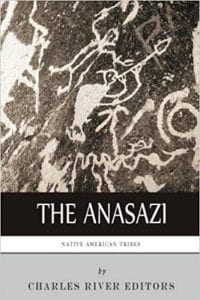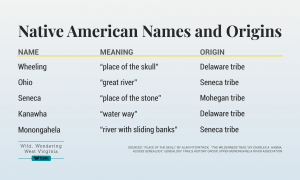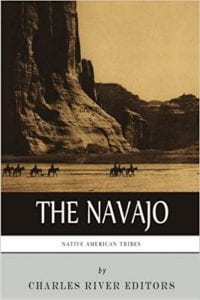Names are very important to a person’s identity. Anyone who has a unique name or spelling understands the feeling that comes when your name is pronounced for spelled wrong. It doesn’t feel like your name. It isn’t you. This is a very common problem among the Native American people. Throughout history their tribal names have been created more by outsiders than by the people themselves. Many of the tribal names we know of today are names t hat were given to these people and not their true names or identities. For example, the name Anasazi commonly associated with the people of Mesa Verde in Colorado is derived from a Navajo term which is often translated to “enemy ancestors”. This was likely not the intention of those naming the now dubbed Ancestral Pueblo, it has a very negative meaning. The term Ancestral Pueblo, while accepted as a better name, does not adequately communicate the ancestral history of the Pueblo people or the far-reaching influence of the Ancestral Puebloans.
hat were given to these people and not their true names or identities. For example, the name Anasazi commonly associated with the people of Mesa Verde in Colorado is derived from a Navajo term which is often translated to “enemy ancestors”. This was likely not the intention of those naming the now dubbed Ancestral Pueblo, it has a very negative meaning. The term Ancestral Pueblo, while accepted as a better name, does not adequately communicate the ancestral history of the Pueblo people or the far-reaching influence of the Ancestral Puebloans.
Along with tribal names a major discussion is in the terminology used to describe the Native American People as a whole. These names are also impressed upon them and often used in discrimination and oppression of identity. The first name given to the inhabitants of this land was Indian or American Indian. This was due to Christopher Columbus’ error in thinking he had reached the Indies. The term is widely accepted and used because of its age. But is an incorrect description of the people it refers to. In the 1960s political correctness came into vogue as well as a unifying sense of having one American identity. During this time there was a trend of hyphenating original identities with “American”. Thus, you get African-American, Irish-American, and Native-American. Again, although widely accepted and used this term is problematic because it forces the original population into a foreign and colonized identity. As well, “Native” has two distinct and opposing meanings. The first is that is refers to the original inhabitants which is correct. However, European use of the word changed it to represent a primitive or ignorant culture which in and of itself is ignorant.

So, what should we call the original inhabitants of the United States? We should call them what they want to be called. In the 1970s inhabitants of Canada decided to start using the term First Nation but this has gained little traction and has no legal standing yet. In general, when referring to Native Americans/First Nation People, you should use their tribal affiliation over the generalized term. However, as stated earlier, many of these names were given by outsiders or enemy tribes. Sioux and Apache are corruptions of words meaning “enemy”. With such complicated nomenclature, it is also better and respectful to ask what name a person would prefer.
Follow IUP Anthropology on Facebook, Twitter, and Instagram